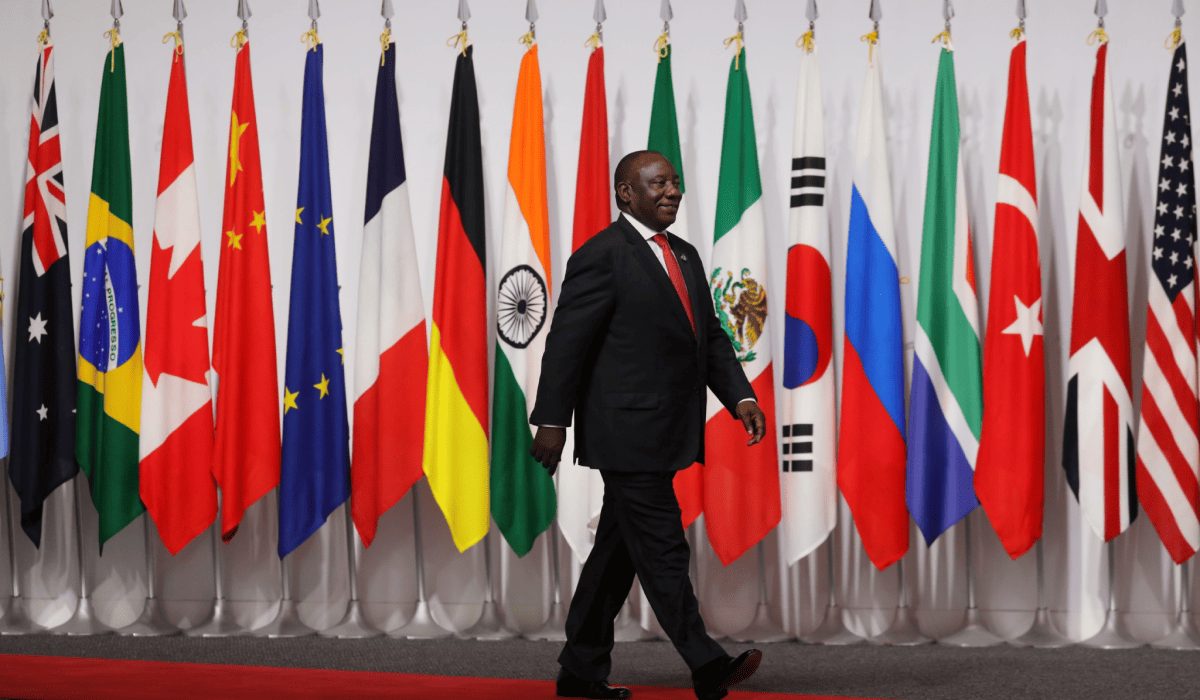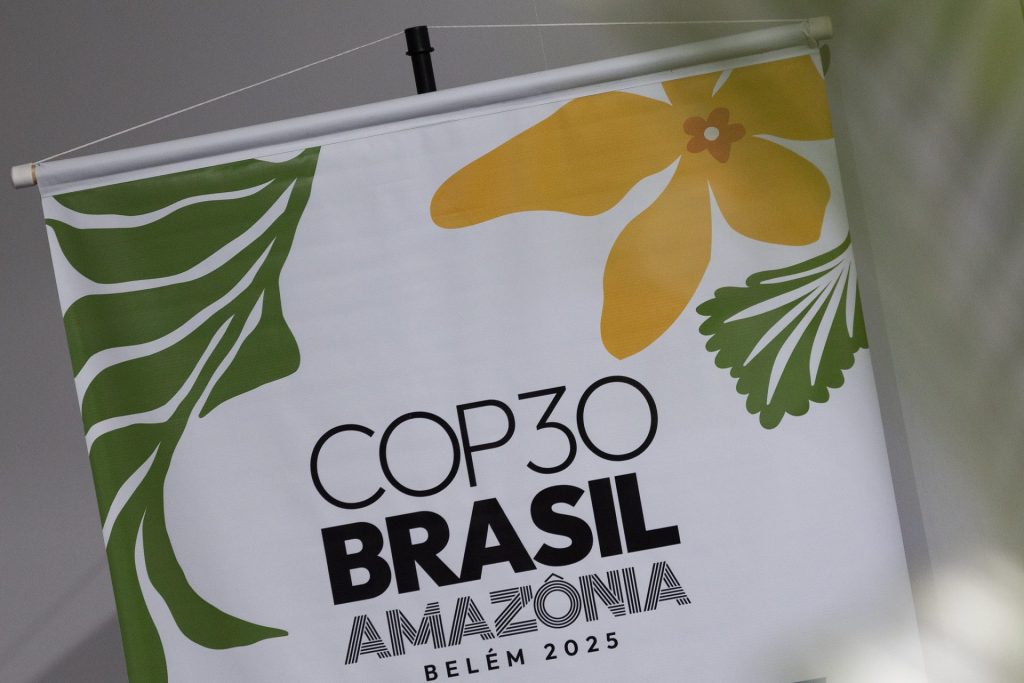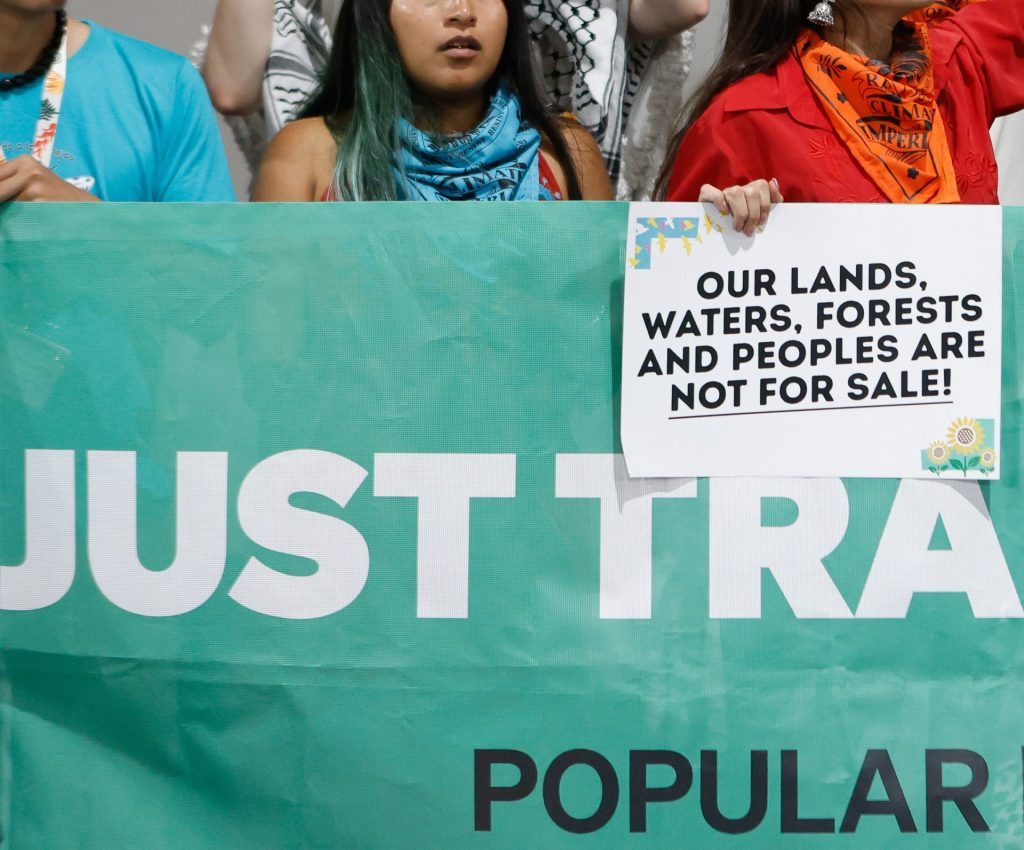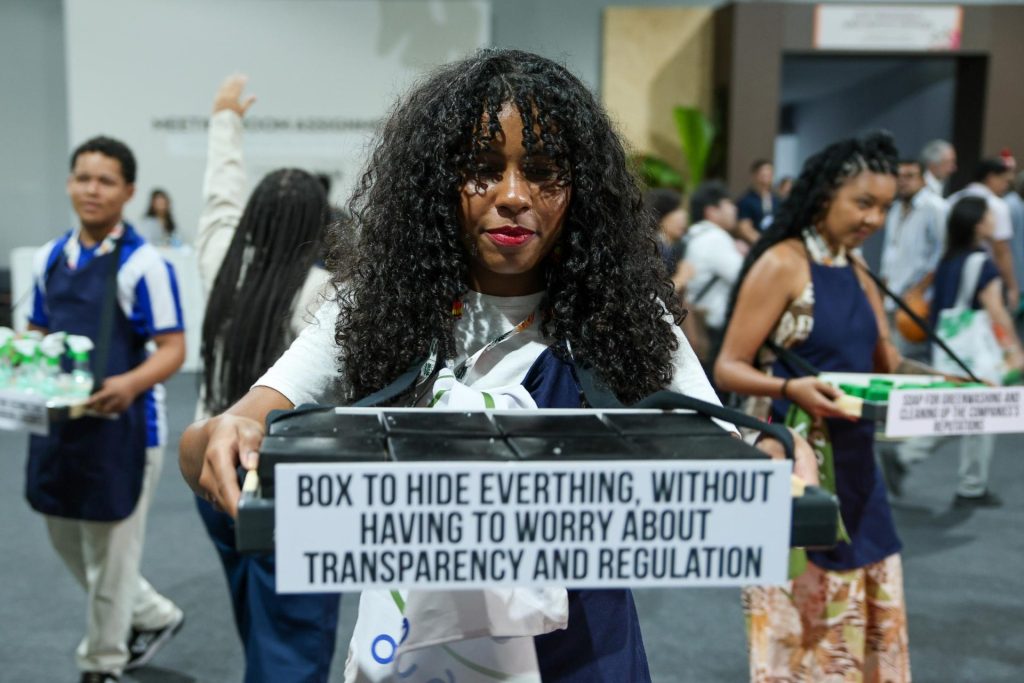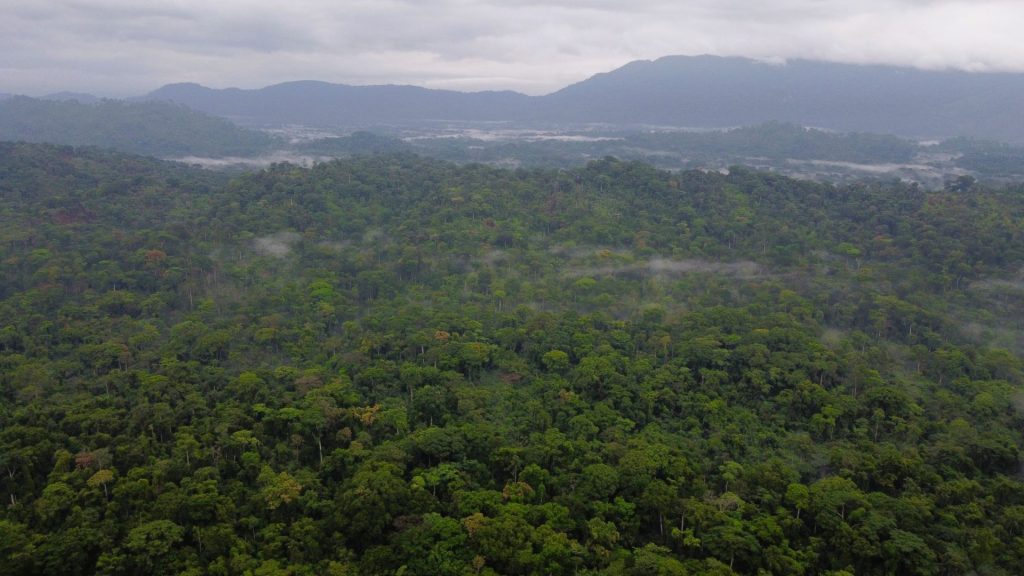We’re looking into the crystal ball at the climate events, summits and processes that will define 2025, and their significance for Africa’s climate agenda.
G20 Summit and Africa’s Collective Power
South Africa takes over the G20 presidency for 2025 – the first time that an African country will host a G20 Summit since the first meeting in 2008. The 2024 G20 Summit in Rio de Janeiro produced a Leaders Declaration, which included a call to tax the world’s billionaires and outlined actions towards sustainable development, energy transitions and climate action, and reforming global governance institutions. Last year’s Summit was also the first time that the African Union joined the G20 as a permanent member. The theme of South Africa’s presidency this year is “Solidarity, Equality, and Sustainability”, with South Africa’s Minister of International Relations and Cooperation Raymond Lamola stating that disaster resilience, addressing debt challenges faced by low-income countries, and a just energy transition are key objectives for the summit.
South Africa has been engaging with the Brazilians about the transition, and both countries are looking to propel the SDGs back into the spotlight. South Africa will also likely use its presidency to support Brazil as it prepares to host COP30 in Belem. The theme provides an opportune moment for developing countries to argue for more balanced representation in negotiations, more consideration of the unique challenges the Global South faces, facilitating finance towards development, and more concrete action towards sustainable development measures. South Africa’s will also need to prioritise Africa’s concerns and challenges, and build consensus around key economic reforms, including at the International Conference on Financing for Development to be held in Spain in June this year.
Belém and the Future of COP
The outcomes of last year’s COP29 in Baku left many in the Global South disappointed and frustrated. The agreement on the New Collective Quantified Goal fell far short of the demands of developing countries, with campaigners describing the negotiations as a “betrayal.” Although COP29 did notch some wins (notably on Article 6 and the creation of a global carbon credits market), the outcomes of the summit raised questions about COP and UNFCCC processes. This year’s COP will be held in Belém, marking the first time that a climate conference will be held in the Amazon. On a symbolic level, the location serves as a reminder of the impacts that the agreements (and inaction) will have on carbon sinks and biodiversity hotspots like the Amazon which are critical for global climate regulation. It will also take place against the backdrop of more intense and more frequent extreme weather events, climate disasters and increasing temperatures.
However, the fallout from last year’s COP as well as the general appetite for these negotiations could influence the attendance and significance of this year’s summit. Additionally, President Donald Trump has signalled a desire to withdraw from the Paris Agreement and shift away from a global climate agenda – a move that will negatively impact global climate action that is already lagging behind with the timeline to keep to the 1.5 degrees Celsius target set by the Paris Agreement. With natural disasters and climate related extreme weather events set to increase in frequency and intensity, other countries may choose to prioritise internal climate response and draw back from engaging in international platforms. This is particularly relevant when it comes to finance. The agreement on a new climate finance goal does not guarantee that developed countries will honour their commitments. After all, they failed to reach the original goal of mobilising $100 billion per year, especially with countries such as the UK and Germany already cutting down significantly on development aid. Brazil’s COP30 Presidency must contend with a divide between Global North and South, fossil fuel interests in climate forums, and geopolitical tensions that could potentially derail negotiations.
Africa Climate Summit and Africa Climate Week
The inaugural Africa Climate Summit and Africa Climate Week took place in 2023 in Nairobi, Kenya. The events brought together 10,000 participants from public and private sectors, the media and non-governmental organisations. The Summit is due to take biannually, with the second edition meant to take place this year. The first edition produced the Nairobi Declaration on Climate Change, which called for investments towards an energy transition, reforms to global financial systems and commitments to scaling renewable energy and decarbonisation. This Declaration set the tone for African countries going into Dubai’s COP28. The second edition of the Summit is due to take place this year. It’s an opportunity to build on the outcomes of the previous event and prepare a continent-wide position for COP30 negotiations. This year’s summit is doubly important with South Africa hosting the G20 Summit in November. It’s an opportunity for public and private stakeholders to convene and establish agendas for both COP30 and the G20 Summit, leveraging common positions and collective negotiating power to secure favourable outcomes. However, the dates and host country for the summit have not yet been announced.
Africa Climate Week is one of four regional climate weeks held annually since 2021. As per the UNFCCC, the climate weeks are meant to be a “unique collaborative platform where both governments and non-governmental organizations stakeholders gather to address the gamut of relevant climate issues under one umbrella.” But 2024 did not have an African Climate week due to the UNFCCC’s financial constraints, putting them on pause until further notice. With no word on whether the organisation has the resources necessary to host this year’s summits, the future of climate weeks is potentially in question. The UNFCCC may likely continue with the pause, preferring to use limited resources towards other processes. If so, the four regions (Africa, Middle East and North Africa, Latin America and the Caribbean, and Asia-Pacific) could choose to simply host similar events that convene regional stakeholders. It ultimately depends on whether these stakeholders and the UNFCCC believe that such a gathering holds merit and furthers a climate action agenda.
The ICJ’s Advisory Opinion, Climate Litigation and Reparations
In December 2024, the International Court of Justice heard arguments about its advisory opinion on liability climate change. Initiated by Vanuatu, the advisory opinion seeks to determine whether states can be held legally responsible under international law for climate change. Although not legally binding, the ICJ’s opinion will influence climate litigation worldwide, and potentially set a precedent for individuals, communities (and perhaps countries) to take past and present high emitters to court over responsibility for climate change.
After an initial muted response to the advisory opinion process, African countries appear to be getting more involved with the proceedings. In a presentation to the ICJ, the African Union (AU) argues that states have a duty under international law to not harm global climate and to phase out fossil fuels and ensure a just energy transition. This argument is not new: since at least COP26, African countries have called for developed countries to be held accountable for their part in global greenhouse gas emissions and the effects of climate change. The AU’s Theme of the Year for 2025 is ‘Justice for Africans and People of African Descent Through Reparations’, and although this does not explicitly mention climate change and environmental degradation, the spirit of the theme speaks to redress for historical injustice, especially when it comes to reparations. Over and above climate litigation, the outcome of the advisory opinion could pave the way for further litigation or negotiations on climate reparations. This is significant for two reasons: firstly, it emphasises the lack of sufficient funding towards the instruments and mechanisms towards addressing climate change (such as the Loss and Damage Fund and Adaptation Fund). Secondly, the opinion could establish that funding from the Global North is an act of accountability and justice, not charity or goodwill. Moreover its findings would hold significant influential sway in any subsequent litigation that may unfold in national courts. However, this doesn’t guarantee that developed countries and high emitters will accept an outcome that holds them liable for climate change. There are also issues of the Court’s jurisdiction and efficacy, given how countries such as the United States have either downplayed or reacted negatively to ICJ rulings against their interests, and its withdrawal from the court’s jurisdiction in 1986. Although significant and influential, the ICJ’s opinion (if favourable towards developing countries) may not have immediate effects.
The ICJ is due to announce its advisory opinion some time this year.
2025 will be a busy year for public and private stakeholders in the climate sector. As the impacts of climate change become more widespread and destructive, climate forums and summits will come into sharper focus.
African Climate Wire will provide coverage of the outcomes and impacts of these events throughout the year.

